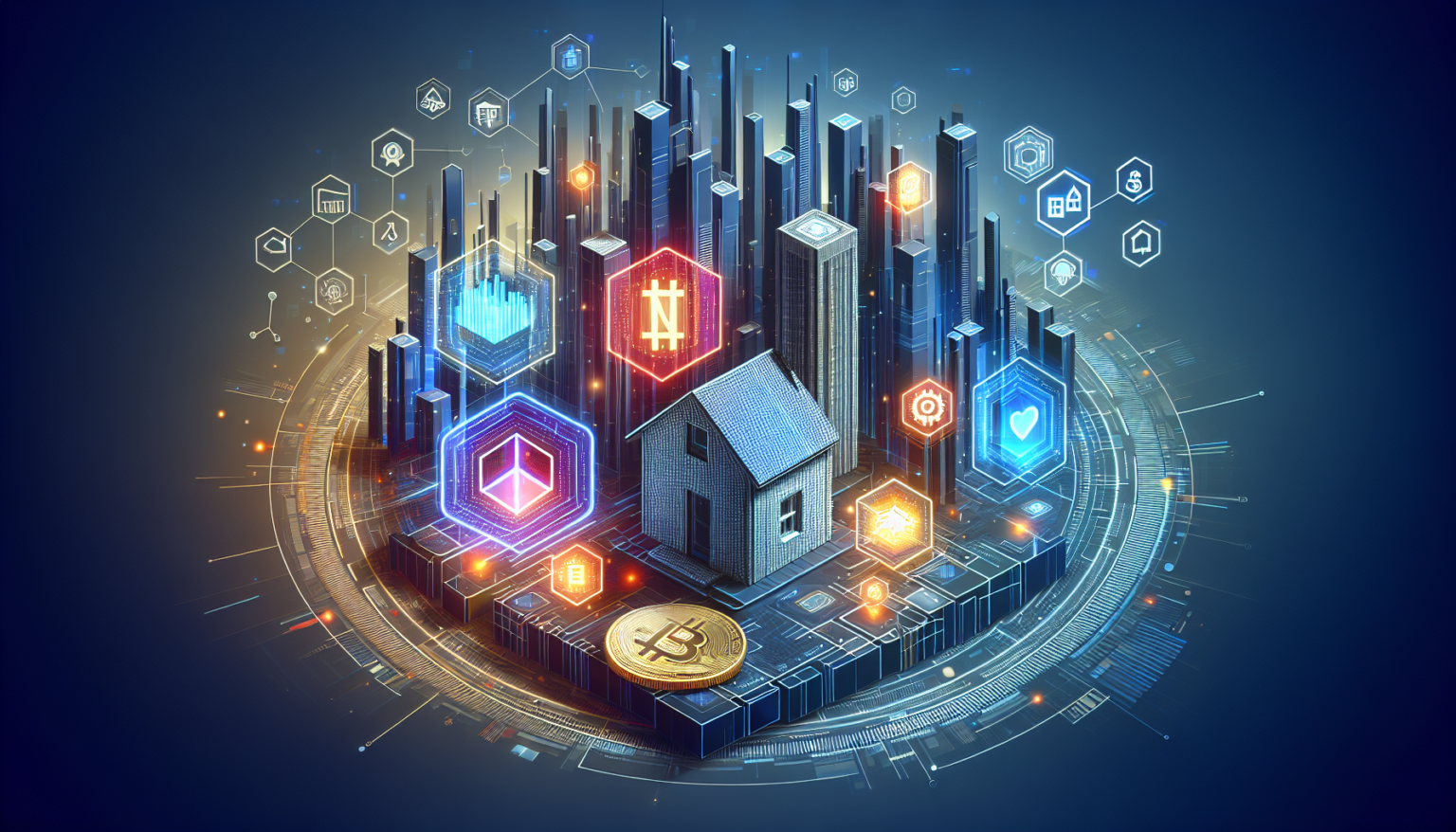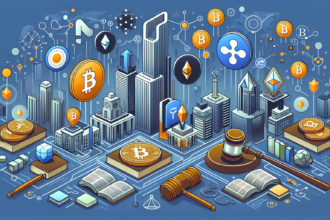Exploring the Potential of NFTs in Real Estate Sales
Understanding NFTs and Their Functionality
Non-fungible tokens (NFTs) are unique digital assets that represent ownership of a specific item or piece of content on the blockchain. Unlike cryptocurrencies such as Bitcoin or Ethereum, which are interchangeable, NFTs embody distinct data that sets them apart. This uniqueness allows NFTs to serve as a robust mechanism for verifying property ownership and transfer in the real estate sector. As digital asset ownership continues to gain traction, the application of NFTs in real estate sales presents an innovative opportunity.
Streamlining Transactions
NFTs can simplify real estate transactions by eliminating traditional paperwork. NFTs can represent property deeds, titles, and contracts, providing a digital and secure method of transferring ownership. This streamlining not only reduces the time required for sales transactions but also minimizes the potential for fraud. Each NFT contains detailed metadata regarding the property, including transaction history, which can be easily accessed via the blockchain. This transparency fosters trust among buyers and sellers.
Tokenization of Real Estate
Tokenization refers to the process of converting rights to an asset into a digital token on a blockchain. In real estate, this means that each property can be broken down into numerous tokens, allowing for fractional ownership. This approach democratises real estate investment, enabling smaller investors to participate in markets that were previously accessible only to wealthy individuals or corporations. Tokenization opens the door for collective investment in high-value properties, which can be particularly appealing in urban areas where real estate prices are soaring.
Enhanced Liquidity
NFTs can provide enhanced liquidity to the real estate market. Traditional real estate transactions often involve lengthy sales processes, which can delay financial returns for investors. By leveraging NFTs, investors can buy and sell properties or shares in properties more quickly through digital marketplaces. This increased liquidity can attract a broader audience of investors and promote competitive pricing, thus benefiting investors looking for more immediate returns.
Enabling Smart Contracts
Smart contracts are self-executing contracts with the terms of the agreement directly written into code. They automatically enforce and execute the obligations defined within them. In the context of NFTs and real estate, smart contracts can handle transactions in a transparent and efficient manner. When a property is sold, the smart contract could automatically transfer the NFT representing ownership to the buyer, while simultaneously releasing funds to the seller. This enhances security, reduces the need for intermediaries, and accelerates the transaction process.
Overcoming Geographic Barriers
One notable advantage of NFTs in real estate is the ability to transcend geographic barriers. Investors from around the world can access real estate markets in any location where NFTs are used. This global reach can increase the pool of potential buyers and investors, leading to a more dynamic and diversified market. Additionally, cross-border transactions can be expedited with the use of NFTs, as they eliminate the complexities associated with currency conversion and international law.
Financial Inclusion Through Fractional Ownership
NFTs enable fractional ownership, which allows investors to own a portion of a property rather than the whole asset. This democratizes access to real estate investments, catering to a wider range of financial capabilities. Smaller investors can diversify their portfolios by owning fractions of multiple properties, which reduces their financial risk while maximizing their investment opportunities. This feature may also lead to a shift in investment behavior, as more individuals are drawn to the relatively lower costs associated with owning a piece of real estate.
Legal Compliance and Regulations
As with any emerging technology, the integration of NFTs in real estate transactions must navigate regulatory and legal frameworks. Compliance with local real estate laws and anti-money laundering regulations is vital. Consequently, collaboration between blockchain experts and legal professionals is essential to create a secure and compliant framework for NFT transactions in real estate. Jurisdictions across the globe are beginning to adapt their regulations to accommodate blockchain technology, which could soon pave the way for wider adoption.
Impact on Real Estate Brokers
While the rise of NFTs may appear challenging for traditional real estate brokers, it presents an opportunity for innovation and adaptation. Real estate professionals can become intermediaries in NFT transactions, ensuring compliance and facilitating the process for clients unfamiliar with blockchain technology. By embracing NFTs, brokers can position themselves as leaders in a new market segment, offering clients cutting-edge solutions and access to a broader network of potential investors.
Case Studies in NFT Real Estate Sales
Several companies are pioneering the use of NFTs in real estate sales. One standout example is Propy, a blockchain-based platform that completed a real estate transaction in the United States using NFTs. Buyers were able to purchase a property entirely online, with the deed recorded on the blockchain. Another notable instance is the sale of virtual real estate in metaverse platforms, where users buy, sell, and build on virtual properties represented as NFTs. These pioneering cases highlight the feasibility and potential success of NFTs in the real estate market.
Challenges and Considerations
Despite the promising outlook, challenges remain in the adoption of NFTs in real estate. A primary concern is the volatility associated with cryptocurrencies, which could affect the stability of NFT prices. Additionally, there is a need for widespread education regarding NFTs, blockchain technology, and the potential risks involved to ensure that both buyers and sellers make informed decisions. Legal uncertainties surrounding ownership rights and the enforcement of smart contracts also pose challenges that must be addressed.
Future Trends and Developments
As the real estate sector increasingly embraces digital transformation, the evolution of NFTs is likely to accelerate. Increased collaboration between real estate firms and tech innovators will drive the development of more sophisticated NFT solutions, enhancing user experiences and addressing existing challenges. As more successful case studies emerge, the confidence in NFT transactions will grow, potentially leading to mainstream acceptance.
Conclusion
In conclusion, the exploration of NFTs in real estate sales is paving the way for more efficient, transparent, and accessible property transactions. The integration of blockchain technology through NFTs offers innovative solutions that could significantly reshape the real estate landscape. From tokenization to enhanced liquidity and beyond, the potential impacts of NFTs on real estate sales are extensive and warrant further exploration. As this technology continues to mature, it will undoubtedly change how we buy, sell, and think about property ownership.
















